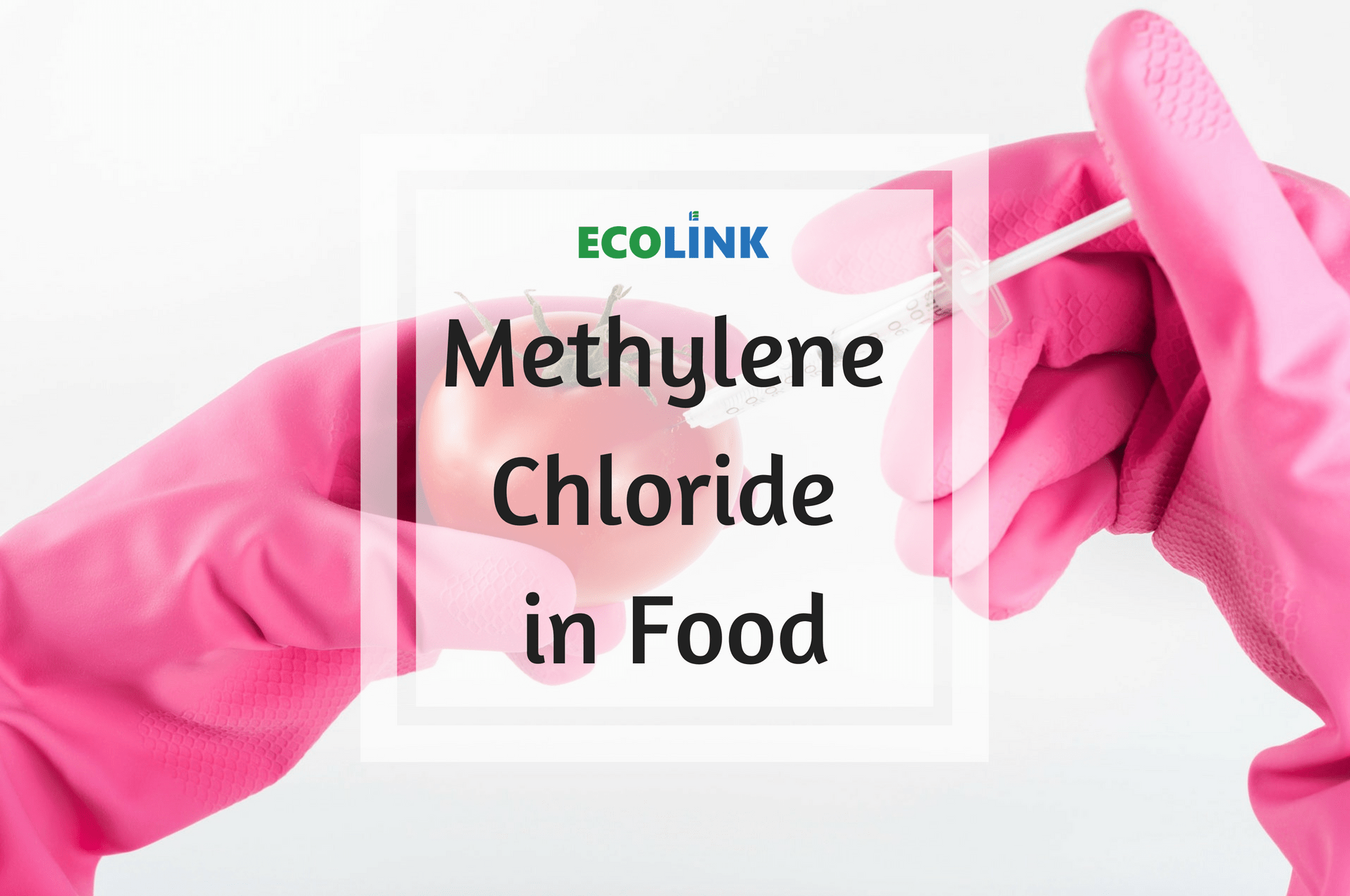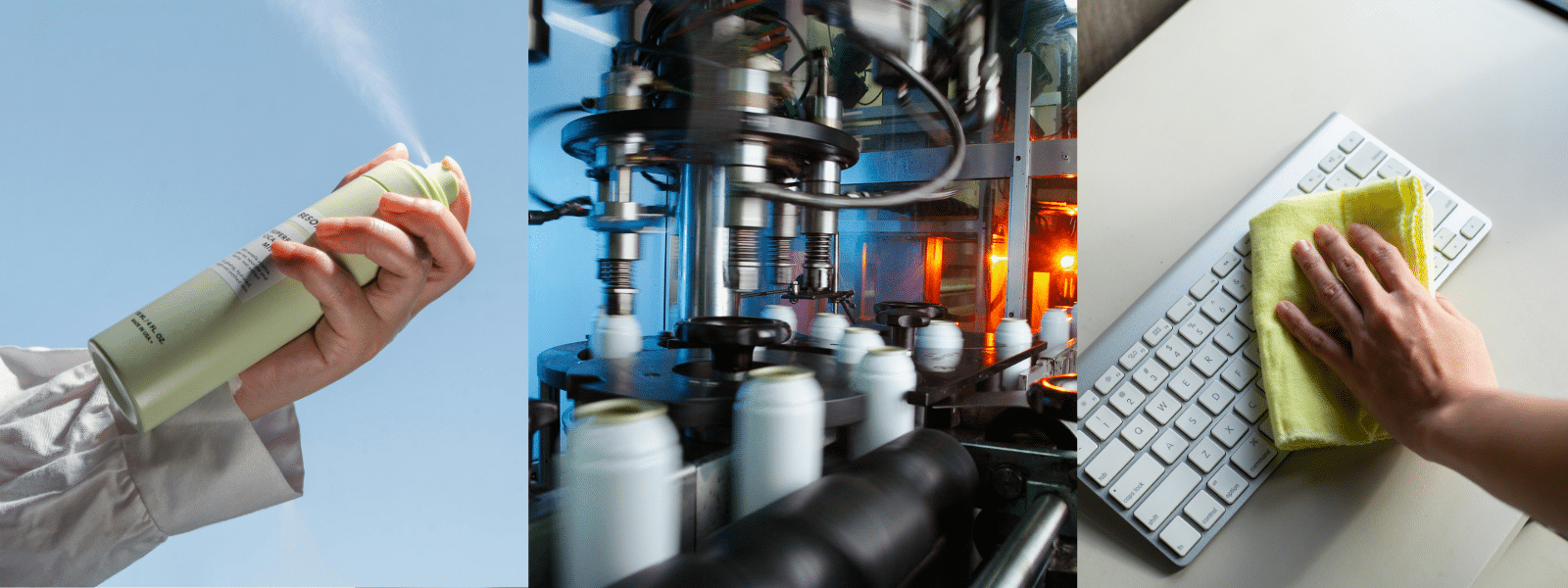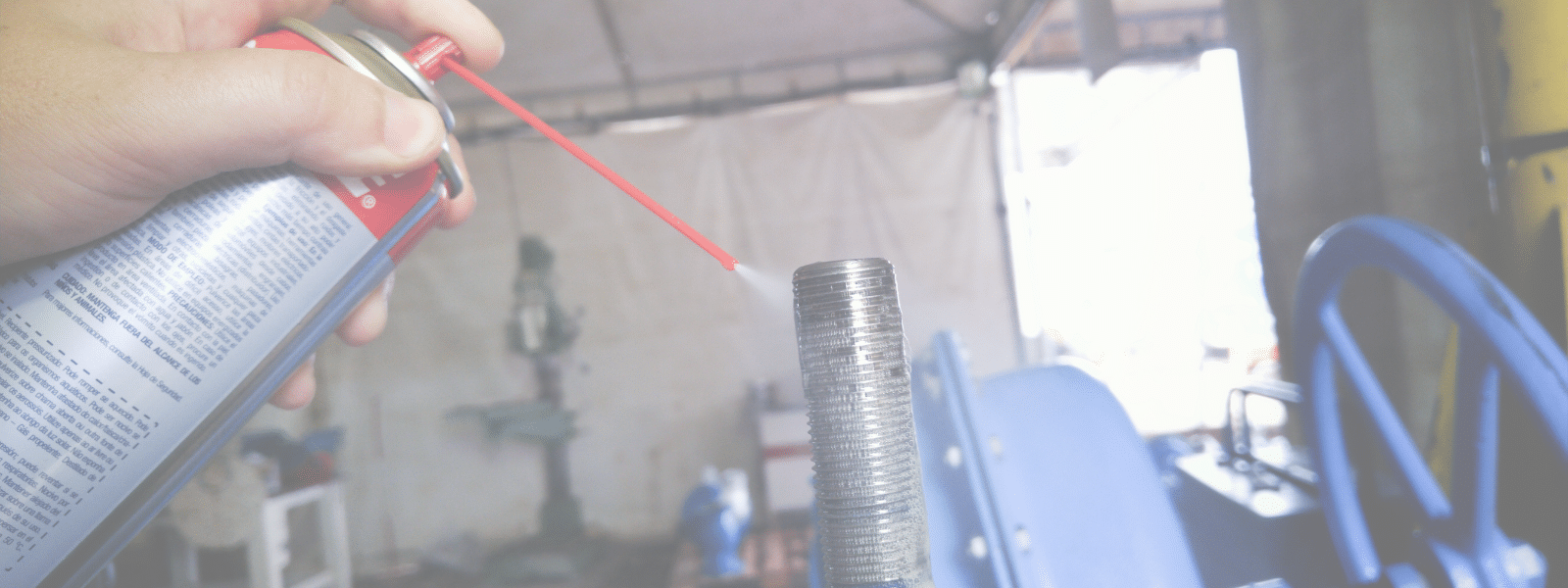Anyone who has ever read nutrition labels knows that sometimes our food is full of hard to pronounce chemicals. Most of them are deemed “safe” as the Food and Drug Administration would say, however a few of these chemicals have made scientists and consumers concerned. One additive that can be found in your food that is very controversial is Methylene Chloride, also known as Dichloromethane and can be seen in the abbreviation DCM.
What Is Methylene Chloride?
Methylene Chloride, also known as Dichloromethane and is abbreviated as DCM, is a colorless liquid with a density that is heavier than water. Methylene Chloride is made from methane gas or wood alcohol. Methylene Chloride is used in various industrial processes in a lot of industries such as paint stripping, pharmaceutical manufacturing, paint remover manufacturing, metal cleaning, metal degreasing, adhesives manufacturing, adhesive uses, polyurethane foam production, film base manufacturing, polycarbonate resin production, solvent distribution, and formulation, and the food and beverage manufacturing industry to separate and extract.
Methylene Chloride in Food and Beverage Industry
Methylene Chloride is used in the food and beverage manufacturing industry as a food additive to process spices, remove caffeine from unroasted coffee beans and tea, and creating hops extract for beer and other flavorings for the food and beverage industries. Methylene Chloride can act as a fumigant for strawberries and grains, a de-greener for citrus fruits, coffee solvent extraction, cocoa solvent extraction, and spice solvent extraction. It is also used as a diluent for color additives and inks for the marking fruit and vegetables.
Why Should You Be Concerned About Methylene Chloride in Food?
Methylene Chloride is such a controversial chemical compound because it is volatile. It is considered a carcinogen and it can affect your health. If anyone breaths methylene chloride, it can cause you not to be able to hear faint sounds, and slight vision impairment according to the International Agency for Research and Cancer. If anyone’s skin comes into contact with methylene chloride, it can cause moderate to severe irritation. Some symptoms include pain, redness, and swelling can be absorbed through the skin. If large amounts of methylene chloride, it can cause burns on a person’s lips, throat, stomach, and their tongue. Long-term exposure effects of methylene chloride include but are not limited to dermatitis following skin contact, may harm the nervous system at high concentrations, and can aggravate any existing heart conditions.
Reduce The Risk of Exposure
Adults and children alike may be exposed to Methylene Chloride in consumer household products such as paint removers. Methylene Chloride is an important solvent in paint strippers and varnish strippers. Remember to be cautious when using paint removers and strippers inside of your house. When using paint removers and strippers inside your house, follow the instructions on the packaging for proper ventilation conditions when using these products. Any and all household chemicals should be stored out of reach of children to prevent accidental poisonings or skin irritation. Household chemicals need to be in their original labeled containers, therefore you should never store chemicals in containers that others would find attractive to eat or drink from such as old food containers and old drink containers.
















